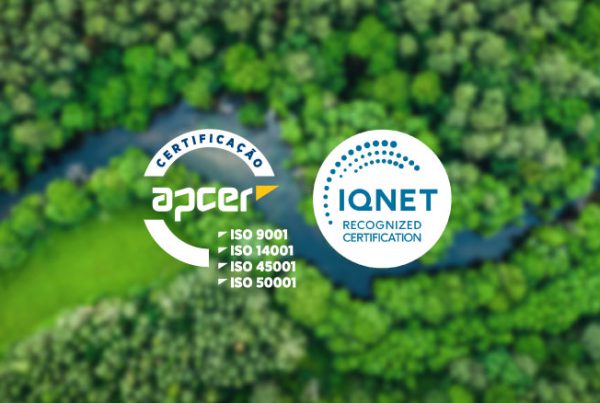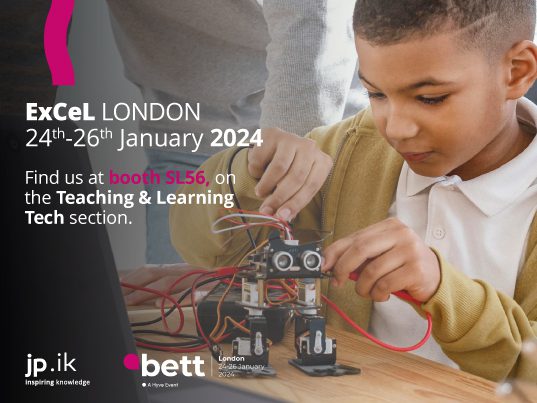Why do children in Uruguay prefer to read physical books to digital ones, even when they can access a Digital Library of 4000 books and have almost no access to the prior ones? Where does technology finds its limits and its opportunities to impact socially and educationally?
Latin America holds the lowest results in reading performance according to PISA. In a context of scarce economic resources and fragile educational systems, technology has been an attractive cost-efficient answer to give and scale access to digital books and other educational solutions as an attempt to revert these negative outcomes.
Uruguay, for example, a country without loan service public libraries, very little presence of books in homes has deployed important investments in technological infrastructure, internet and free computer delivery plans in all public educational centers of the country, trusting equity in access, will give the next generation an even start to develop reading abilities.
When we started developing the Digital Library in 2012, we believed that we had the solutions in our hands, but this effort has not necessarily changed reading outcomes nor teachers or student´s attitude towards capitalizing this opportunity into literacy improvement. Maybe the weakness of the solution relies at the beginning of this quest ¨we believe that the mental revolution is an effect of the technological revolution, and instead we should understand that the contrary is the truth. We think that the digital world is the cause of everything and on the contrary, is an effect¨ (Bariko 2018).
We have thought that having access to digital tools will origin the educational transformation we were hoping for, but what we have learned is that true educational change happens when the use of technology emerges as a consequence of a new teaching and learning paradigm that comes to life inside the school.
And this is where technology finds its limits, in the same place it finds its endless possibilities, in people. Technology can trigger behavioral change, but it cannot provoke a deeper transformation in our ways of thinking, teaching and learning unless it is intentional, and its purpose understood and shared by the adopters.
The knowledge that is generated as an effect of these new ways of doing, will require a pattern of connection, were the new builds on what is already known. Technology plays a key role serving as an instrument to assemble these pieces together, in order to design, create, allow the experiences to be lived, seen, understood and shared inside the learning community.
Technology allow these designs for change to be visible, tangible, livable, sometimes even possible, but it cannot self-generate those intentional learning ecosystems.
That is why I believe our challenge as educators -and learners- has raise its bar, the goal to be savvy digital users has been proven short, we need to be generators of ´the post experience´ (Baricco 2018) of technology. As poet Mario Benedetti wrote it seems that “when we believed we had the answers, suddenly, they have changed all the questions.â€
Children´s preference 4 to 1 towards physical vs. digital books could reflect the limits we have reached with the old use of technology, a true fascinating challenge to address. This is how we are looking for answers grounded on the post experience concept in NGO Educate Uruguay.
Educate Uruguay designs projects connected to teacher’s needs focusing on how children learn best. In 2014 in response to teacher´s concerns on children poor reading habits and abilities, expressing little enthusiasm on the access digital books as a solution, we created The Book Pack Library.
The goal of the project was to give access, generate demand and forward reading habits employing intentional teaching strategies to accelerate the development of reading abilities. The question was how to get books, at a low cost, to the most remote places of the country and generate demand for reading in communities with high levels of cultural vulnerability. This is where technology came to play an essential role.
The Mobile Library is nurtured thanks to the contributions of organizations and to the individual collaboration of volunteers. Then, a specialized team organizes the materials in a Library Web System considering the specific needs and profiles of each community and the final weight of each backpack.
 Finally, we design with each community their Action Plan, which defines the specific organizational and distribution aspects required to put The Mobile Library to work in that context. Educate provides these epicenters (that nurtures a cluster of 10 schools) with specific equipment and software to manage their operation. This allows the stakeholders to obtain real-time data to give specific support and/or materials when needed.
Finally, we design with each community their Action Plan, which defines the specific organizational and distribution aspects required to put The Mobile Library to work in that context. Educate provides these epicenters (that nurtures a cluster of 10 schools) with specific equipment and software to manage their operation. This allows the stakeholders to obtain real-time data to give specific support and/or materials when needed.
Teachers are the main mediators and enablers of this experience, based on the knowledge and personal bond they have with each student. They request a BookPack every two weeks, take them to their school and motivate children to take them home. Once the period is over, they simply change the BookPack. This lending process is supported by technology where it is also essential the role of parents.
All this generates a culture of collective action and achievement. Each community managing their own systems, taking care of its own resources, builds an interconnected network that helps to overcome isolation. The Mobile Library promotes the development of local leadership and the progress of the communities.
Education is a human endeavor, living at the very essence of who we are, who want to be, but also, what we want to keep being. When thinking on technology and educational change my invitation is to think the digital world as an effect of humans’ natural need and personal will to evolve. So, before embarking on it let’s ask ourselves: what need justifies the effort of pursuing change? And then, integrate technology to favor that goal.
 Cecilia de la Paz is committed to create tangible solutions to transform learning into an experience of self-evolution. So, you will be fully committed to follow a learning path only if it connects with a journey that is genuinely yours. Only then acquiring knowledge makes sense and it is valuable.
Cecilia de la Paz is committed to create tangible solutions to transform learning into an experience of self-evolution. So, you will be fully committed to follow a learning path only if it connects with a journey that is genuinely yours. Only then acquiring knowledge makes sense and it is valuable.
Knowledgeable of educational systems and best practices from around the world, Cecilia designs impactful projects by contextualizing latest findings with a deep understanding of real ground contexts and needs. Cecilia has worked on different countries and organizations such as Discovery Kids in the United States, founded a tech-educational enterprise in Ecuador, led Nationwide educational impact tech projects for the Uruguayan government and is part of New Pedagogies for Deep Learning, a global endeavour to catalyse educational system change in countries such as Finland, Canada, Australia, New Zealand, United States, among others.
With and entrepreneurial spirit she has founded two ICT for education start-ups, owned and directed a multimedia media production house and started two NGOs. Over more than 15 years has been conceiving and developing EdTech solutions for educational and social impact such as; LMS Platform CREA, Digital National Library, National Math and Reasoning Olympics throughout video games. She also led the introduction of Tablets and Android to preschools. Today she is part of the Global NPDL team, an international movement that gathers 1300 schools in 7 countries to build knowledge and practices to foster whole system change. Mentor for EDTech projects at StartUpChile and is the General Director of Edúcate Uruguay.
Twitter: @cecieducate
Eportfolio: http://cdelapaz6.wixsite.com/education



